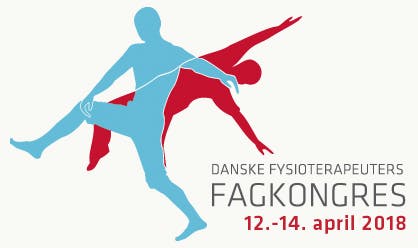Meaningfulness of mean group results for determining the optimal motor rehabilitation program for an individual child with cerebral palsy

A foundation for evidence-based physiotherapy practice in cerebral palsy (CP) has been provided by accumulating data from clinical studies investigating the efficacy or effectiveness of interventions to improve motor functioning in CP. Randomized clinical trials reporting mean group differences between novel and no or standard therapies are the gold standard.
However, even if a statistically significant positive mean group effect is found, this does not signify, that this intervention was effective for each study participant or ensure positive outcomes for all with CP.
A personalized approach to medical care is currently being advocated based primarily on increasingly recognized genetic variations in individual responses to medications and other therapies. A similar approach is also warranted, and perhaps more justifiable, in CP which includes a heterogeneous group of disorders. Even interventions deemed highly effective in CP demonstrate a range of individual responses along a continuum from a negative or negligible response to a strong positive effect, the bases for which remain incompletely understood.
This talk recommends, that the next critical step in advancing evidence-based practice is to implement novel research strategies, being utilized successfully in other medical disorders, to identify patient factors, that best predict treatment responses in CP, so we can not only answer the question “what works”, but also “what works best for whom”.
 Dr. Diane Damiano is the Clinical Center's Chief of the Functional and Applied Biomechanics Section within the Rehabilitation Medicine Department. A physical therapist by training, Dr. Damiano holds a PhD in research methods and biomechanics. Dr. Damiano's area of expertise is in the investigation of both existing and novel rehabilitation approaches in children with cerebral palsy.
Dr. Diane Damiano is the Clinical Center's Chief of the Functional and Applied Biomechanics Section within the Rehabilitation Medicine Department. A physical therapist by training, Dr. Damiano holds a PhD in research methods and biomechanics. Dr. Damiano's area of expertise is in the investigation of both existing and novel rehabilitation approaches in children with cerebral palsy.
Several years ago, she was one of the first researchers to recognize that spastic muscles were, in fact, weak and needed strengthening. Her work in this area has helped to revolutionize the treatment of these patients.
Diane is also speaking at the symposium 'The use of intervention studies in planning evidence-based interventions for the individual child - from research to clinical practice'
Temadag om evidensbaserede indsatser til børn og unge med Cerebral Parese
Dansk Selskab for Pædiatrisk Fysioterapi afholder den 11. april temadag om evidensbaserede indsatser til børn og unge med Cerebral Parese. Her kan du blandt andet høre Diane L. Damiano tale.
